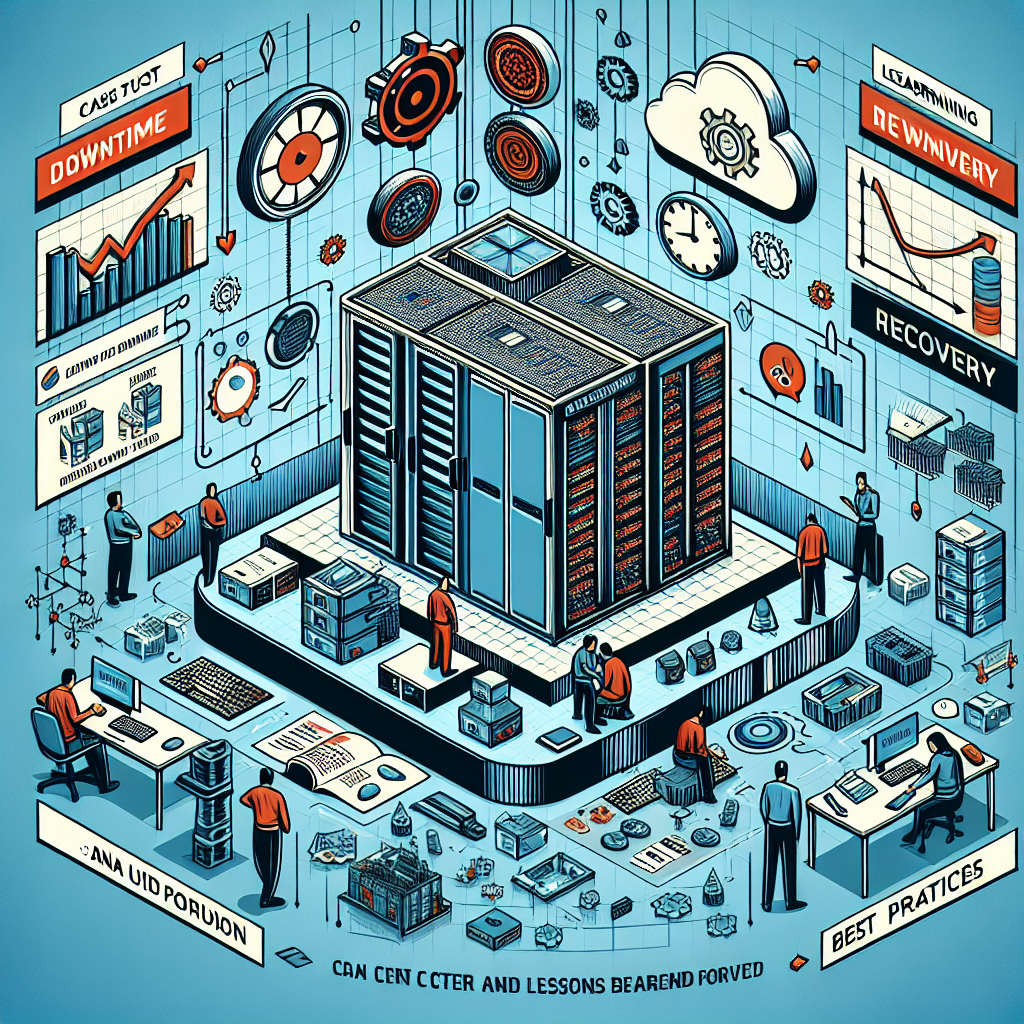Your cart is currently empty!
Case Studies in Data Center Downtime: Lessons Learned and Best Practices for Recovery

Data center downtime can be a costly and disruptive event for any organization. When critical systems and applications go offline, businesses can experience lost revenue, damaged reputation, and diminished customer trust. In order to minimize the impact of downtime and ensure a quick recovery, it is important for data center managers to learn from past incidents and implement best practices for prevention and recovery.
One effective way to learn from past downtime incidents is through case studies. By examining real-world examples of data center outages, managers can gain valuable insights into the common causes of downtime, the impact on business operations, and the strategies used to recover. Here are some key lessons learned from recent case studies in data center downtime:
1. Power Outages: One of the most common causes of data center downtime is power outages. In a recent case study, a large financial institution experienced a major outage when a utility transformer failed, cutting off power to the data center. The lesson learned from this incident is the importance of having backup power systems in place, such as uninterruptible power supplies (UPS) and generators, to ensure continuous operations during a power outage.
2. Cooling System Failures: Another common cause of downtime is cooling system failures. In one case study, a data center experienced an outage when a chiller unit malfunctioned, causing temperatures to rise to dangerous levels. The lesson learned from this incident is the importance of regular maintenance and monitoring of cooling systems to prevent failures and ensure optimal performance.
3. Human Error: In many cases, data center downtime is caused by human error. In a recent case study, a technician accidentally disconnected a critical network cable, causing a major outage. The lesson learned from this incident is the importance of implementing strict access controls and procedures to prevent unauthorized access and minimize the risk of human error.
In addition to learning from past incidents, data center managers can also implement best practices for recovery in the event of downtime. Some key best practices include:
1. Developing a comprehensive disaster recovery plan that outlines the steps to be taken in the event of a data center outage, including backup and recovery procedures, communication protocols, and escalation procedures.
2. Regularly testing backup systems and procedures to ensure they are functioning properly and can be quickly activated in the event of an outage.
3. Implementing monitoring and alerting systems to detect potential issues before they escalate into a downtime event, allowing for proactive intervention and resolution.
By learning from past incidents and implementing best practices for recovery, data center managers can minimize the impact of downtime and ensure their organizations are prepared to quickly recover from any unexpected outage. Taking proactive steps to prevent downtime and having a solid recovery plan in place can help businesses maintain continuity of operations and protect their bottom line.

Leave a Reply